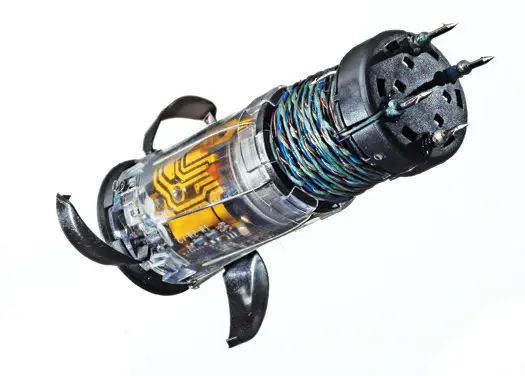ATLANTA, Georgia - Civil liberties groups and many citizen activists are outraged over language in the National Defense Authorization Act of 2011 (NDAA) that appears to lay the legal groundwork for indefinite detention of U.S. citizens without trial.
 Activists in Washington DC demand the closure of the Guantanamo Bay detention center. (Credit:Matt Daloisio/100dayscampaign.org/CC By 2.0) David Gespass, president of the National Lawyers Guild, called it an "enormous attack on the U.S. and our heritage" and a "significant step" towards fascism, in an interview with IPS.
Activists in Washington DC demand the closure of the Guantanamo Bay detention center. (Credit:Matt Daloisio/100dayscampaign.org/CC By 2.0) David Gespass, president of the National Lawyers Guild, called it an "enormous attack on the U.S. and our heritage" and a "significant step" towards fascism, in an interview with IPS.
"It's quite severe. If this continues, people will not be able to count on constitutional protections at all," Debra Sweet, national director of the group World Can't Wait, told IPS.
Subtitle D of the act contains several controversial provisions on indefinite detention of terrorism suspects.
Read on...
And of course the sheeple apparently could care less. Tom














